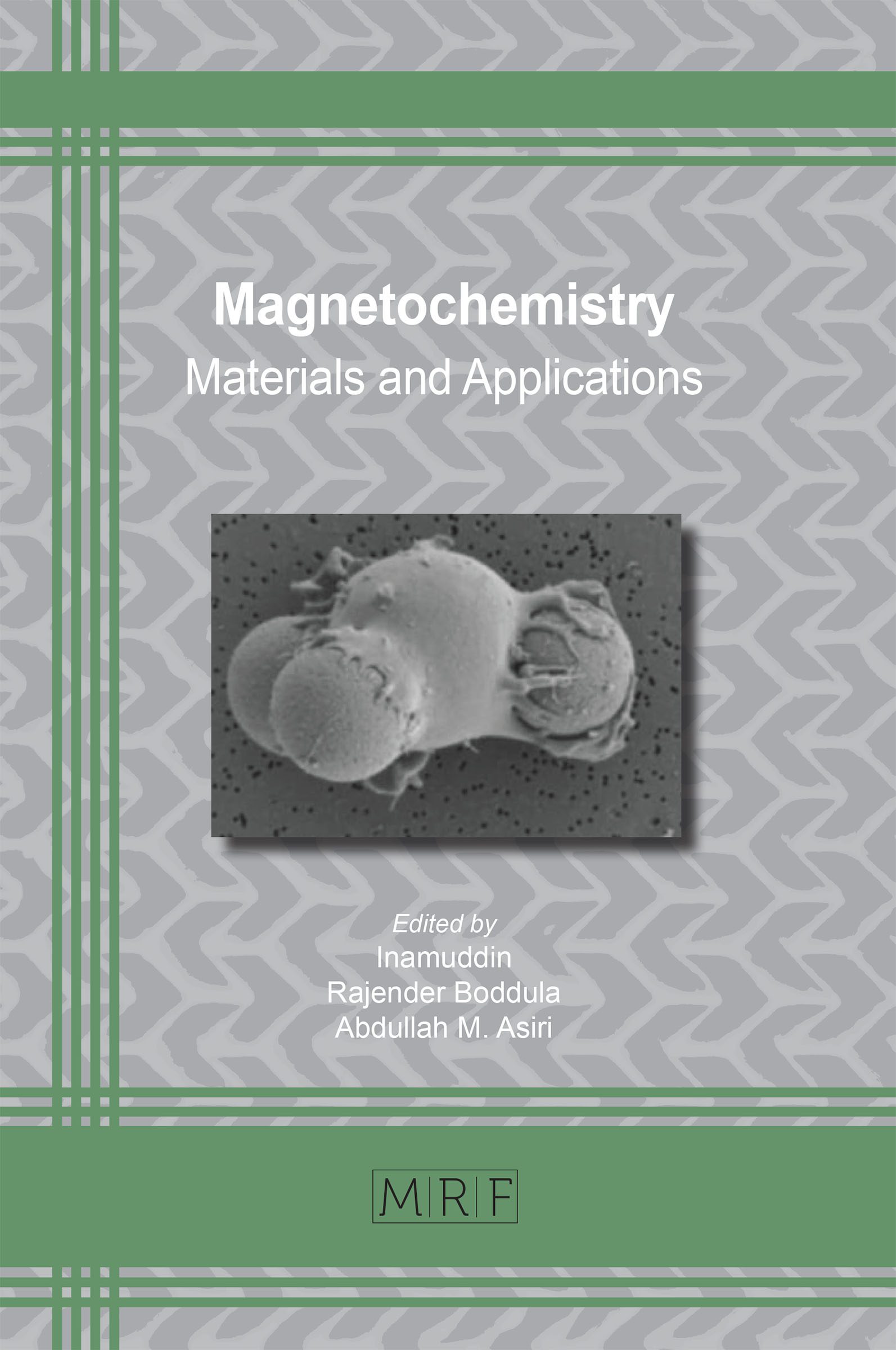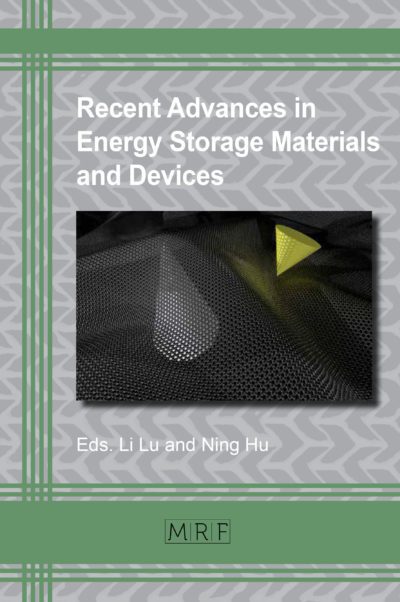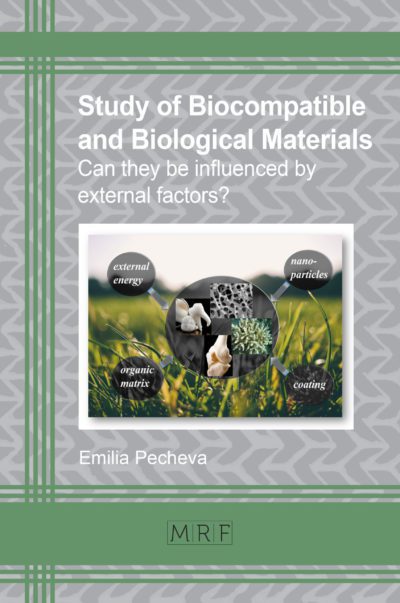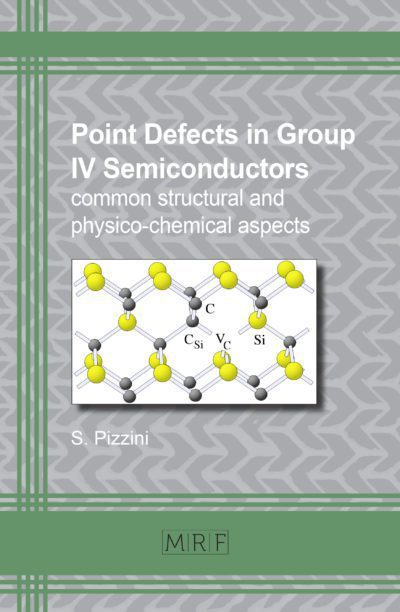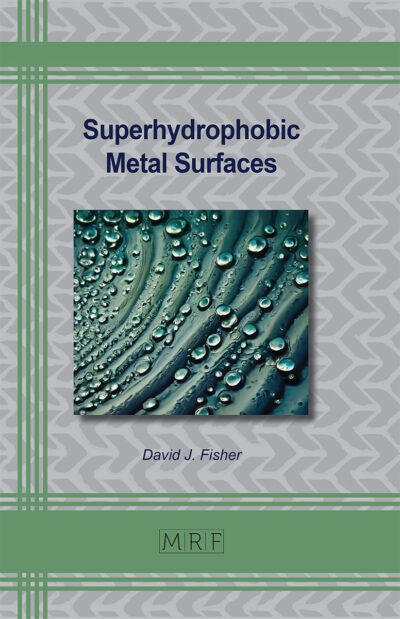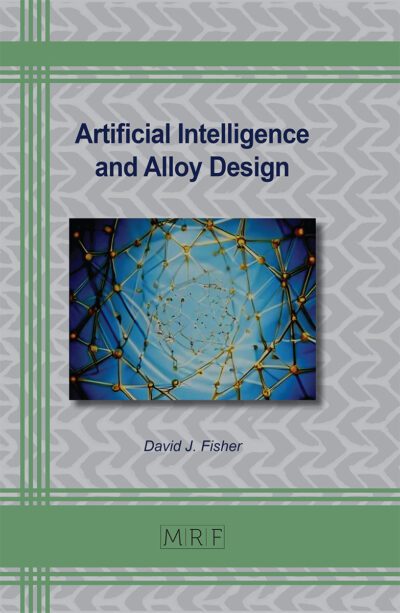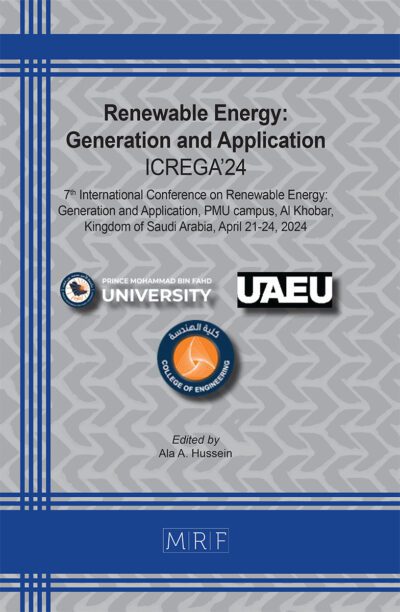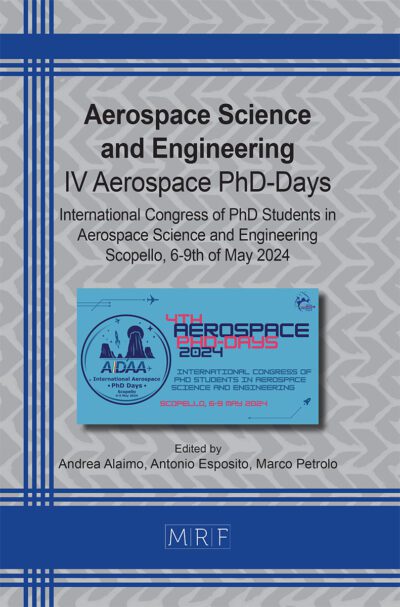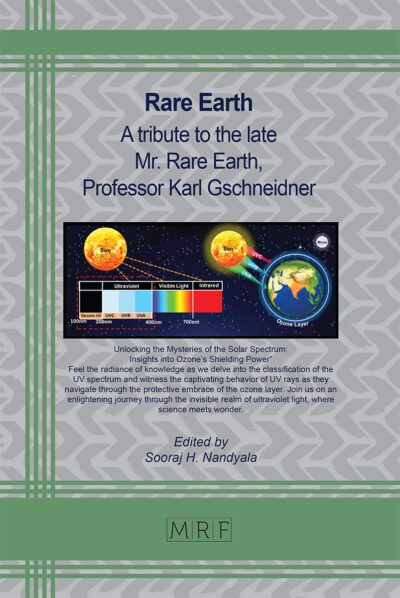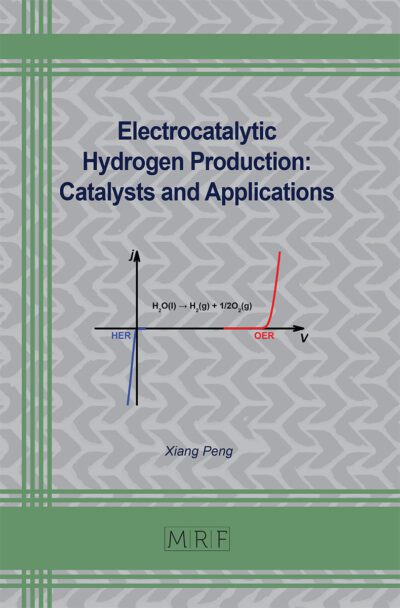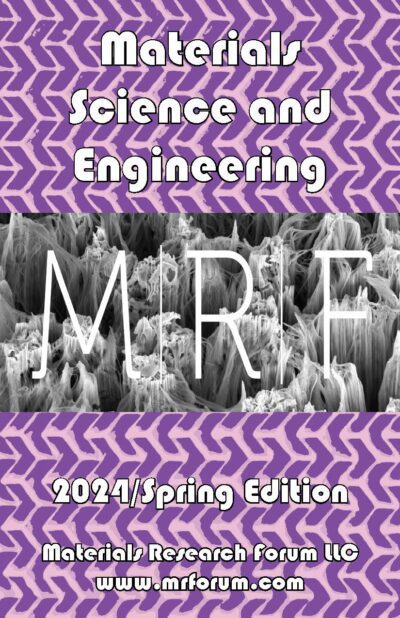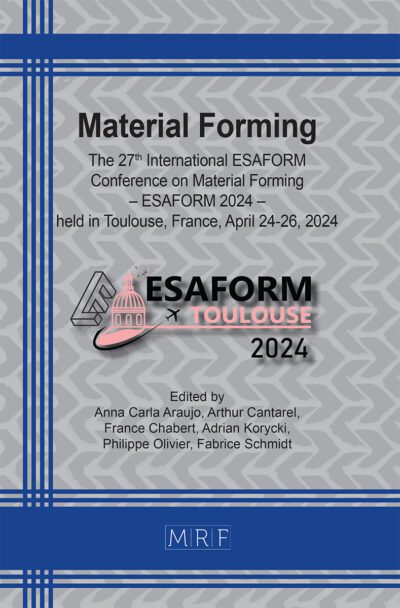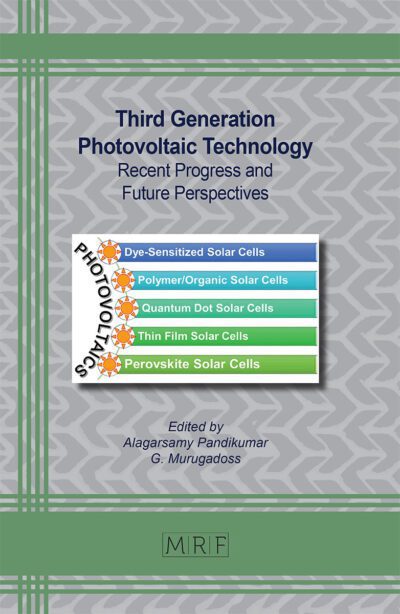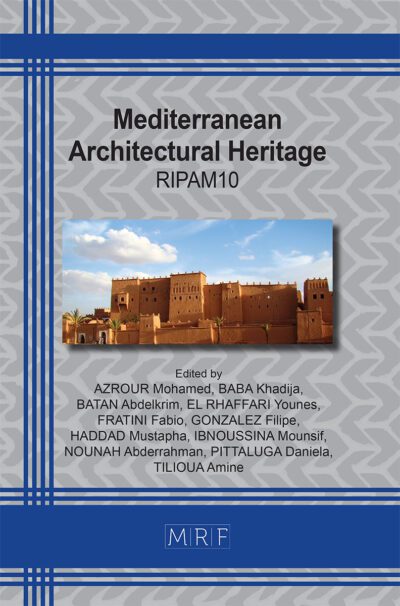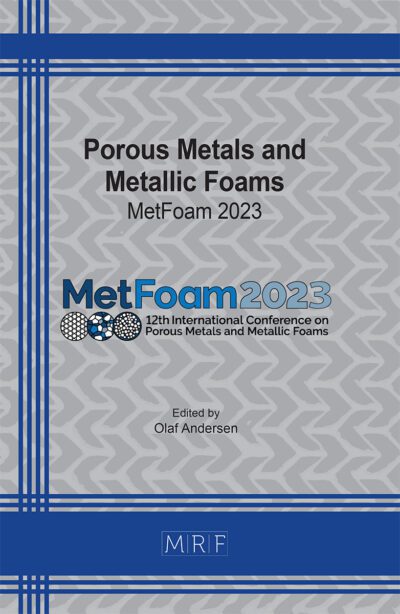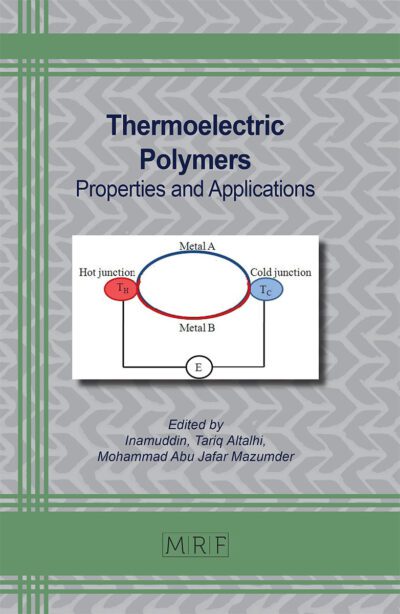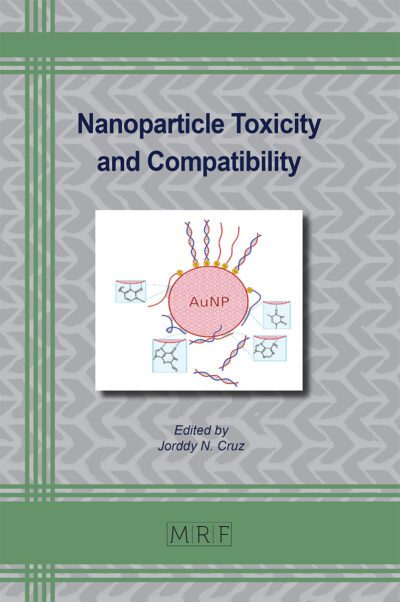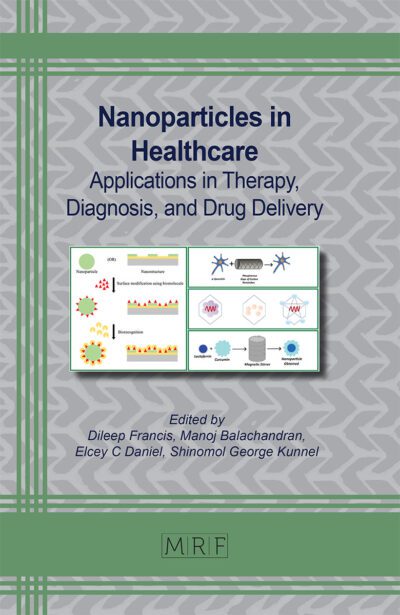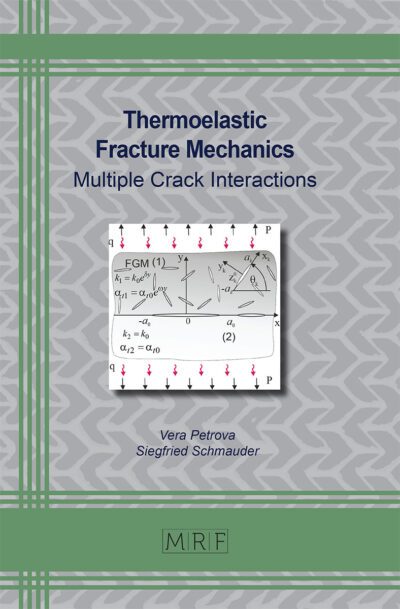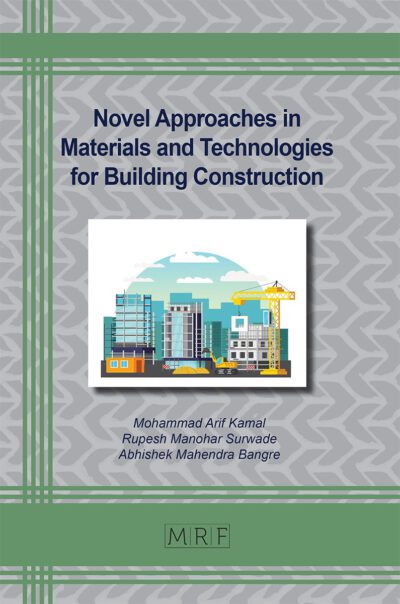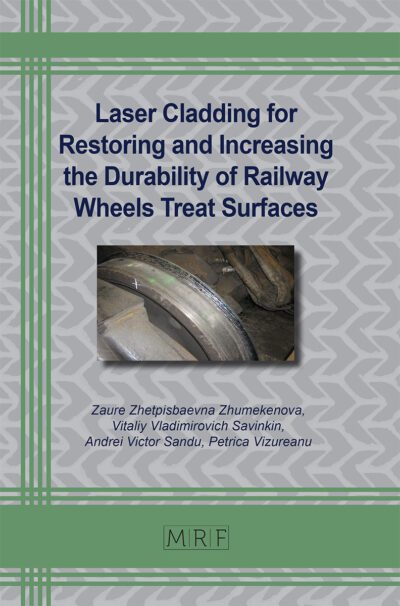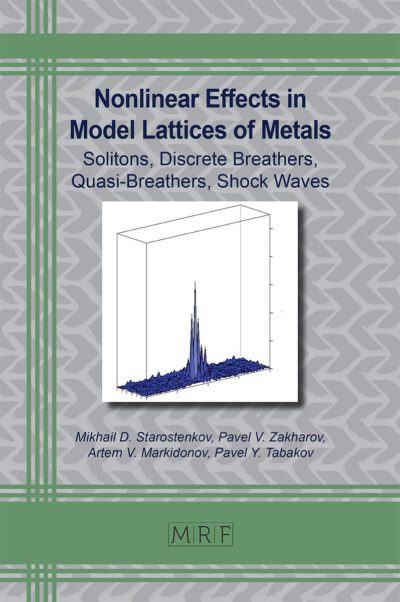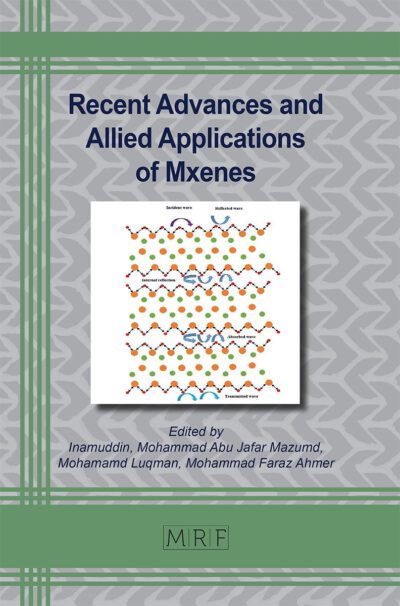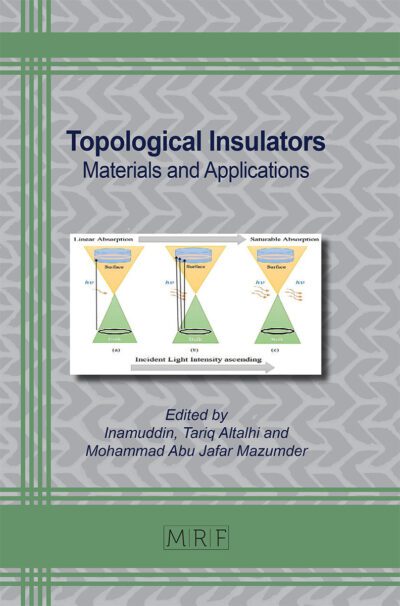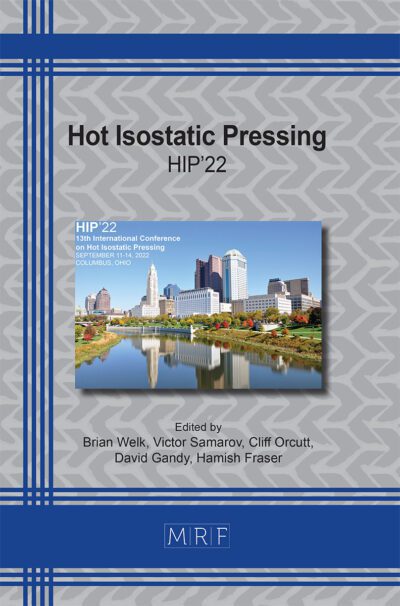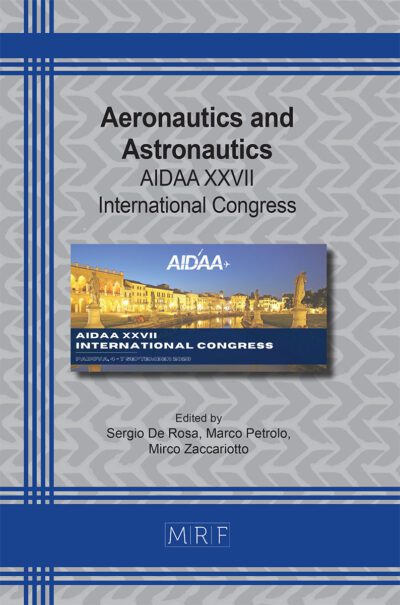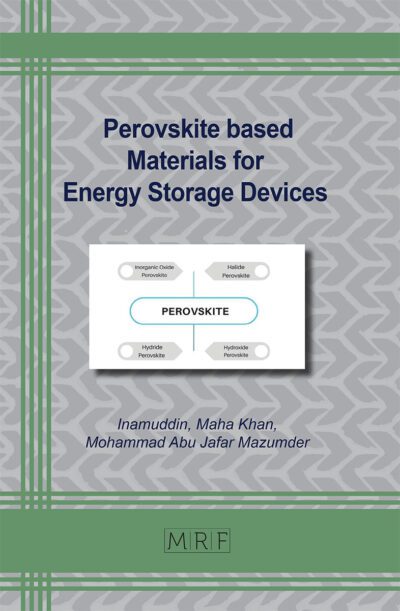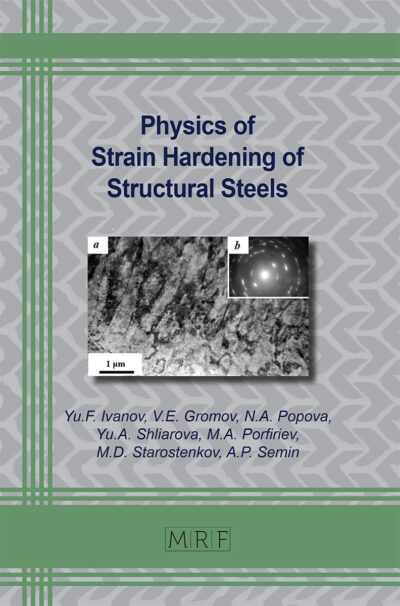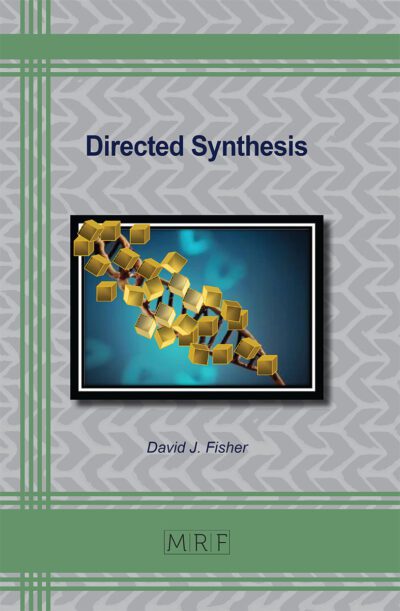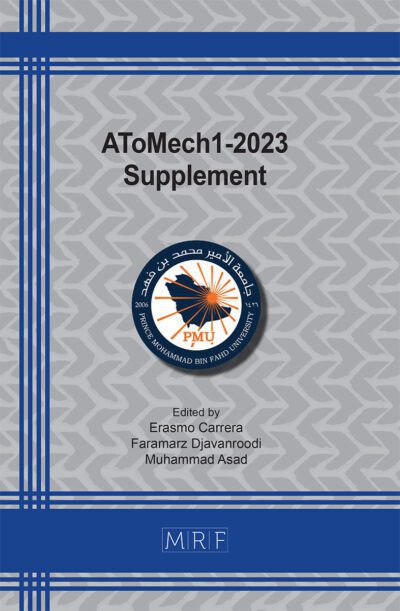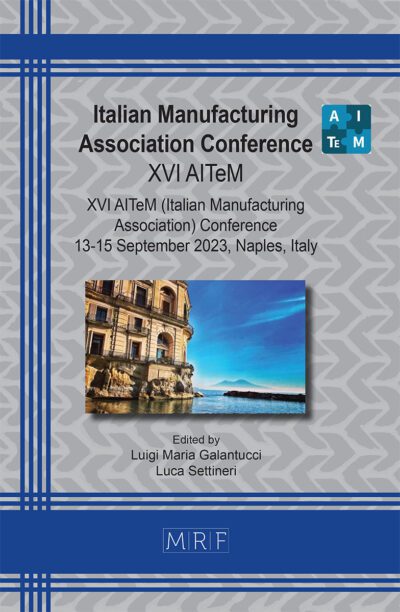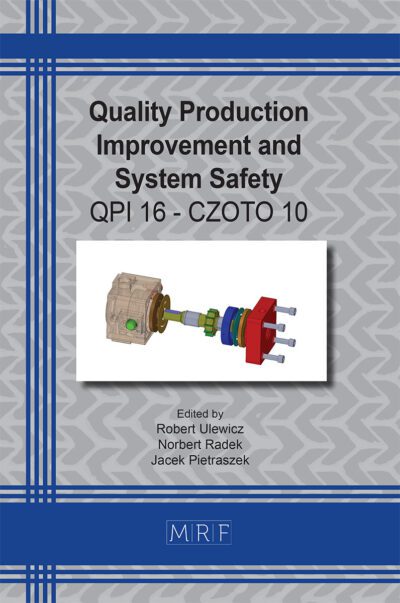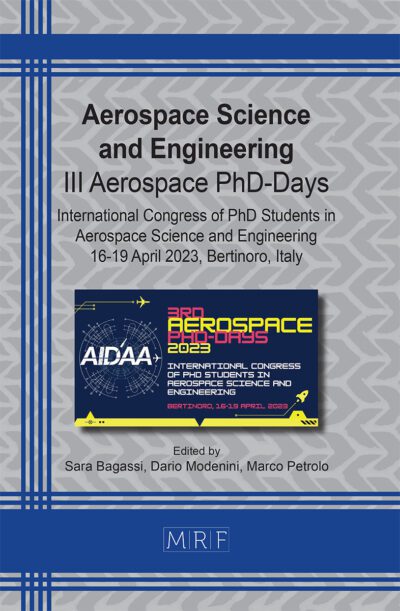Magnetochemistry
Materials and Applications
Eds. Inamuddin, Rajender Boddula, Abdullah M. Asiri
Materials Research Foundations Vol. 66
Publication Date 2020, 352 Pages
Print ISBN 978-1-64490-060-4 (release date February, 2020)
ePDF ISBN 978-1-64490-061-1
DOI: 10.21741/9781644900611
The book covers the entire spectrum of magnetic nanomaterials and their highly interesting properties. It also discusses engineering strategies and current applications of magnetic nanomaterials in analytical chemistry, spintronics, biomedical science, electrochemistry, energy storage and conversion, membranes and fuel cells.
Keywords
Magnetic Nanomaterials, Analytical Chemistry, Biomedical Science, Spintronics, Electrochemistry, Energy Storage, Energy Conversion, Membranes, Fuel Cells, Bio-Sensors, Electrocatalysis, Separation Processes, Hydrogen Storage, Supercapacitors, SERS Effect
flyer
Table of contents
Magnetic Nanomaterials for Bio-Sensors based on SERS Effect
Cixue Xu, Wenxian Wei, Chengyin Wang
Magnetic Nanomaterials for Electrocatalysis
V.N. Nikolić
Magnetic Nanomaterials for Separations
Sunil Kumar and Rashmi Madhuri
State of the Art, Challenges and Future Prospects
in Magnetochemistry
Fulya Gulbagca, Burak Yildiz, Fatima Elmusa, Mohd Imran Ahamed, Fatih Sen
Magnetic Nanoparticles in Analytical Chemistry
D.M.A. Neto, J.S. Rocha, P.B.A. Fechine, Leonardo Vivas, Dinesh Pratap Singh, R.M. Freire
Magnetic Nanomaterials for Fuel Cells
Tuerxun Duolikun, Paul Thomas, Chin Wei Lai, Bey Fen Leo
Magnetic Nanomaterials for Hydrogen Storage
Ertuğrul Kaya, Haydar Göksu, Husnu Gerengi, Kubilay Arikan, Mohd Imran Ahamed, Fatih Şen
Magnetic Nanomaterials for Supercapacitors
K. Srinivas, K. Chandra Babu Naidu, G. Balakrishna, B. Venkata Shiva Reddy, N. Suresh Kumar, S. Ramesh, Prasun Banerjee, D. Baba Basha
Iron Oxide based Magnetic Nanomaterials for Biomedical Applications
Rushikesh Fopase, Lalit M. Pandey
Magnetic Nanomaterials for Spintronics
Prasun Banerjee, Adolfo Franco Jr, D. Baba Basha, K. Chandra Babu Naidu
Related sites:
https://en.wikipedia.org/wiki/Magnetochemistry
About the editors
Dr. Inamuddin is currently working as Assistant Professor in the Chemistry Department, Faculty of Science, King Abdulaziz University, Jeddah, Saudi Arabia. He is a permanent faculty member (Assistant Professor) at the Department of Applied Chemistry, Aligarh Muslim University, Aligarh, India. He obtained Master of Science degree in Organic Chemistry from Chaudhary Charan Singh (CCS) University, Meerut, India, in 2002. He received his Master of Philosophy and Doctor of Philosophy degrees in Applied Chemistry from Aligarh Muslim University (AMU), India, in 2004 and 2007, respectively. He has extensive research experience in multidisciplinary fields of Analytical Chemistry, Materials Chemistry, and Electrochemistry and, more specifically, Renewable Energy and Environment. He has worked on different research projects as project fellow and senior research fellow funded by University Grants Commission (UGC), Government of India, and Council of Scientific and Industrial Research (CSIR), Government of India. He has received Fast Track Young Scientist Award from the Department of Science and Technology, India, to work in the area of bending actuators and artificial muscles. He has completed four major research projects sanctioned by University Grant Commission, Department of Science and Technology, Council of Scientific and Industrial Research, and Council of Science and Technology, India. He has published 147 research articles in international journals of repute and eighteen book chapters in knowledge-based book editions published by renowned international publishers. He has published 60 edited books with Springer (U.K.), Elsevier, Nova Science Publishers, Inc. (U.S.A.), CRC Press Taylor & Francis Asia Pacific, Trans Tech Publications Ltd. (Switzerland), IntechOpen Limited (U.K.), and Materials Research Forum LLC (U.S.A). He is a member of various journals’ editorial boards. He is also serving as Associate Editor for journals (Environmental Chemistry Letter, Applied Water Science and Euro-Mediterranean Journal for Environmental Integration, Springer-Nature), Frontiers Section Editor (Current Analytical Chemistry, Bentham Science Publishers), Editorial Board Member (Scientific Reports-Nature), Editor (Eurasian Journal of Analytical Chemistry), and Review Editor (Frontiers in Chemistry, Frontiers, U.K.) He is also guest-editing various special thematic special issues to the journals of Elsevier, Bentham Science Publishers, and John Wiley & Sons, Inc. He has attended as well as chaired sessions in various international and national conferences. He has worked as a Postdoctoral Fellow, leading a research team at the Creative Research Initiative Center for Bio-Artificial Muscle, Hanyang University, South Korea, in the field of renewable energy, especially biofuel cells. He has also worked as a Postdoctoral Fellow at the Center of Research Excellence in Renewable Energy, King Fahd University of Petroleum and Minerals, Saudi Arabia, in the field of polymer electrolyte membrane fuel cells and computational fluid dynamics of polymer electrolyte membrane fuel cells. He is a life member of the Journal of the Indian Chemical Society. His research interest includes ion exchange materials, a sensor for heavy metal ions, biofuel cells, supercapacitors and bending actuators.
Dr. Rajender Boddula is currently working with Chinese Academy of Sciences-President’s International Fellowship Initiative (CAS-PIFI) at National Center for Nanoscience and Technology (NCNST, Beijing). His academic honors include University Grants Commission National Fellowship and many merit scholarships, study-abroad fellowships from Australian Endeavour Research fellowship and CAS-PIFI. He has published many scientific articles in international peer-reviewed journals and has authored six book chapters, and also serving as editorial board member and referee for reputed international peer-reviewed journals. He has published edited books with Springer, United Kingdom, Elsevier, CRC Press Taylor & Francis Asia Pacific and Materials Research Forum LLC, U.S.A. His specialized areas of energy conversion and storage, which include nanomaterials, graphene, polymer composites, heterogeneous catalysis, photoelectrocatalytic water splitting, biofuel cell, and supercapacitors.
Prof. Abdullah M. Asiri is the Head of the Chemistry Department at King Abdulaziz University since October 2009 and he is the founder and the Director of the Center of Excellence for Advanced Materials Research (CEAMR) since 2010 till date. He is the Professor of Organic Photochemistry. He graduated from King Abdulaziz University (KAU) with B.Sc. in Chemistry in 1990 and a Ph.D. from University of Wales, College of Cardiff, U.K. in 1995. His research interest covers color chemistry, synthesis of novel photochromic and thermochromic systems, synthesis of novel coloring matters and dyeing of textiles, materials chemistry, nanochemistry and nanotechnology, polymers and plastics. Prof. Asiri is the principal supervisors of more than 20 M.Sc. and six Ph.D. theses. He is the main author of ten books of different chemistry disciplines. Prof. Asiri is the Editor-in-Chief of King Abdulaziz University Journal of Science. A major achievement of Prof. Asiri is the research of tribochromic compounds, a new class of compounds which change from slightly or colorless to deep colored when subjected to small pressure or when grind. This discovery was introduced to the scientific community as a new terminology published by International Union of Pure and Applied Chemistry (IUPAC) in 2000. This discovery was awarded a patent from European Patent office and from UK patent. Prof. Asiri involved in many committees at the KAU level and on the national level. He took a major role in the advanced materials committee working for King Abdulaziz City for Science and Technology (KACST) to identify the national plan for science and technology in 2007. Prof. Asiri played a major role in advancing the chemistry education and research in KAU. He has been awarded the best researchers from KAU for the past five years. He also awarded the Young Scientist Award from the Saudi Chemical Society in 2009 and also the first prize for the distinction in science from the Saudi Chemical Society in 2012. He also received a recognition certificate from the American Chemical Society (Gulf region Chapter) for the advancement of chemical science in the Kingdome. He received a Scopus certificate for the most publishing scientist in Saudi Arabia in chemistry in 2008. He is also a member of the editorial board of various journals of international repute. He is the Vice- President of Saudi Chemical Society (Western Province Branch). He holds four USA patents, more than one thousand publications in international journals, several book chapters and edited books.

